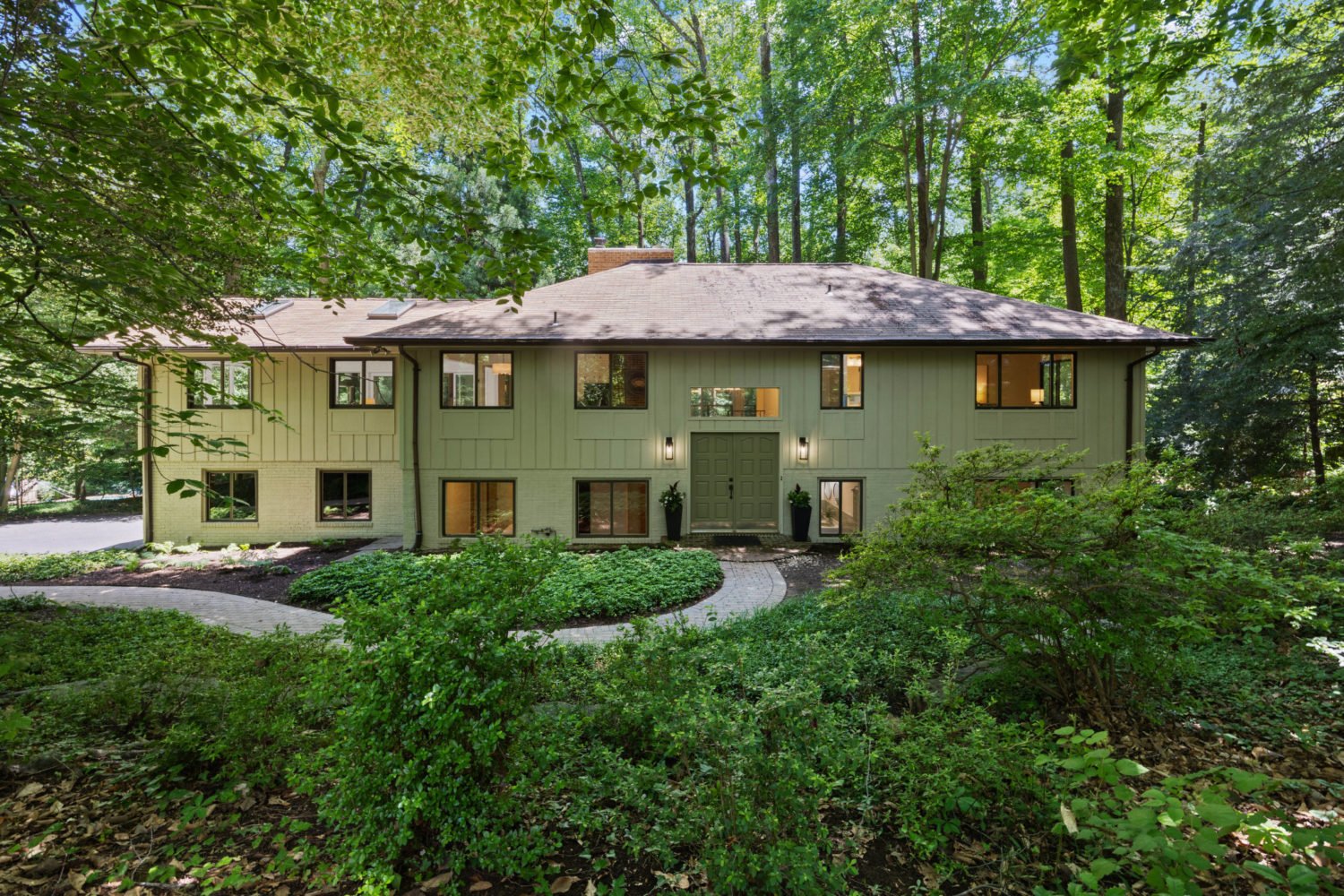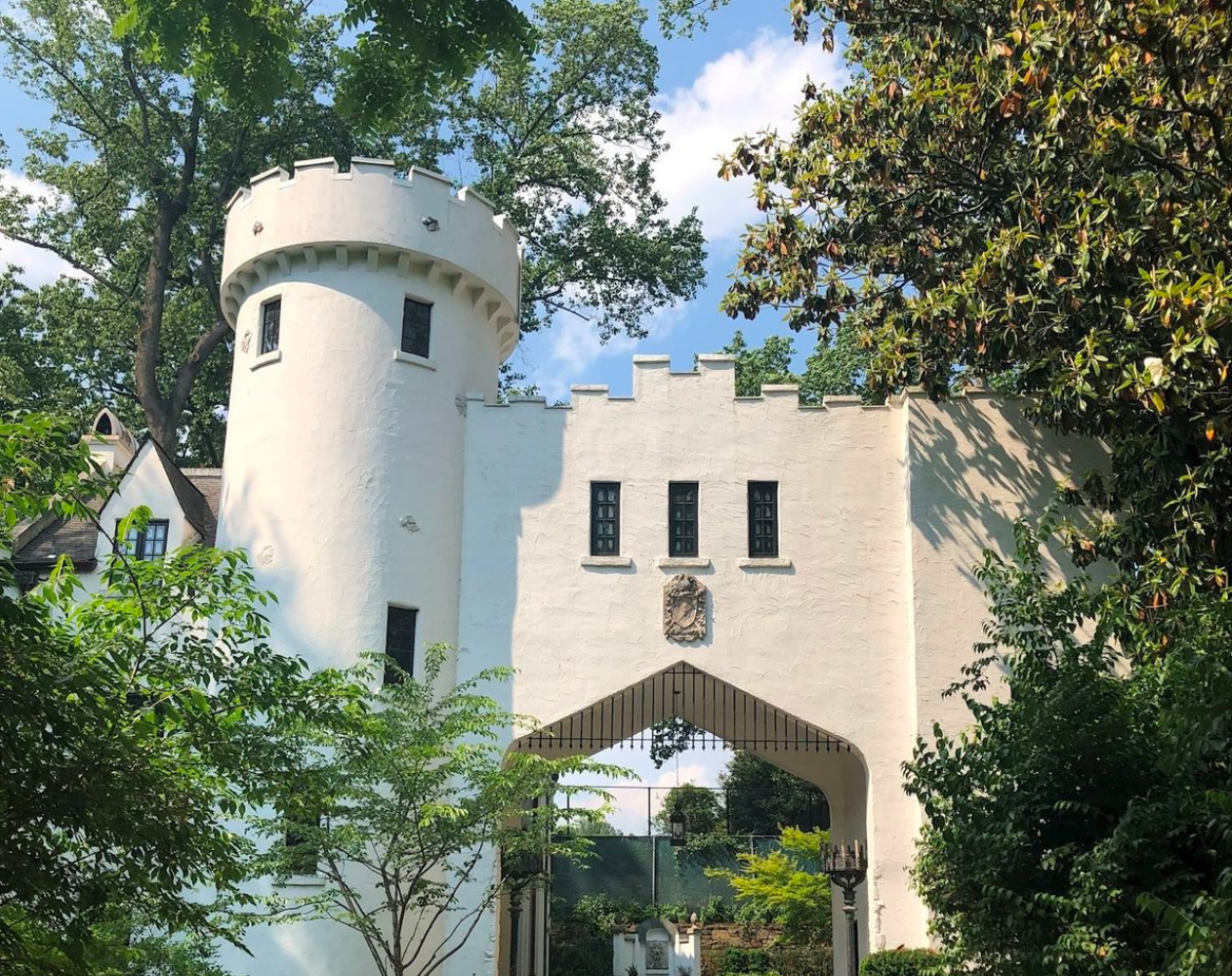In the late 1990s, when Jo Merrill and her husband, David,
decided they could retire in 2006, they knew that a lot of planning lay
ahead. Fortunately, they’re good at that, which is how they were able to
stop working at age 57 in the first place.
Jo had worked at the March of Dimes as director of public
policy and government affairs, and David had been a government lawyer at
the US Commodity Futures Trading Commission. They’d lived in Northern
Virginia—first in Alexandria, then Springfield, and later in McLean—since
1973. They’d raised two daughters, who’d gone to Alexandria’s Thomas
Jefferson High. With their nest now empty, the Merrills were ready to get
out of town.
A few goals were nonnegotiable: They wanted someplace warm,
near the water, and on the Atlantic coast. “We’re East Coast people,” Jo
says.
They were looking for activities—David is a golfer, and Jo
wanted to get back into tennis. They planned to travel, so they wanted to
be within an hour of an airport in a neighborhood where their home would
be protected while they were away. They thought it would be nice to live
near a college in case they felt like taking classes or attending
lectures. They preferred being close to a hospital. And they wanted a
sense of community because they were leaving friends behind.
The Merrills settled on Seabrook Island near Charleston, South
Carolina. Jo says it’s the perfect community for them. She credits their
thorough research as the reason they found just the right
spot.
Such planning isn’t uncommon. “A lot of the legwork has usually
been done by the time you get to a realtor,” says Paula Nerret, a Long
& Foster agent who sells homes in the biggest active retirement
community in Washington, Silver Spring’s Leisure World. “By the time
people get to us, they’re ready to buy.”
So what questions should those approaching retirement be asking
in order to find the best fit for their future?
Do I Want to Stay in Washington?
More often than not, people move here for careers—Washington
isn’t exactly the leisure capital of the country. So when work is no
longer a factor, it may make sense to look beyond this region.
If you do want to stay, Nerret says, your options for active
retirement living will be limited. Continuing-care facilities that cater
to older residents are more common than the expansive, amenity-heavy
communities for new retirees that are popular in warmer parts of the
country such as Florida, the Carolinas, and Arizona. Nerret points to the
high cost of land and strict zoning laws as two possible explanations. She
says the two Leisure World properties (the other is in Loudoun County’s
Lansdowne) are the best options locally for active retirees.
Do I Need a Different Size House?
For some couples, a smaller house makes sense after retirement.
“Many people want less maintenance,” Nerret says. “They don’t want to
worry about taking care of a yard or extra rooms they don’t use often.
Those people would be looking for condos.” Downsizing is particularly
popular among people who are retiring near their adult children and who
don’t need sleeping rooms for visitors or play space for grandkids. But
downsizing isn’t always the goal.
The Merrills went a different route. “Our house here is the
same size as the McLean house,” Jo says. “People always talk about
downsizing, but we’ve found that since we’re in the house so much more
than we were when we were working, it’s important to have space and not be
living on top of each other.”
It’s also not unheard of for couples with grandchildren to buy
larger homes with enough space for everyone to visit, although many
communities allow visitors to rent houses if residents don’t have the
space.
Do I Want to Be Really Active?
The quantity and range of activities offered in planned
retirement communities—often restricted to those age 55 and older—vary.
Some of these communities have the feel of quiet retreats, while others
are more like summer camps, with organized sports, new-resident
gatherings, and outings that make for a full calendar. It’s important to
decide whether you’d rather relax with a book at home or meet your
neighbors in the clubhouse for Ping-Pong or golf.
Community staff can speak to the types of activities offered
and the energy level of the place, but there’s no better way to figure out
whether it’s a fit than to visit. When Jo Merrill and her husband were
weighing options, they often took advantage of visit-for-a-weekend
promotions that kept their research from getting too pricey. Spending time
at the community pool or on the golf course can provide chances to talk
with residents. Merrill says that when she and her husband were looking,
he played golf every day—getting paired with residents—and she and their
kids walked on the beach and stopped to talk to locals, to determine
whether they’d be comfortable there.
What Can I Afford?
Buying a home in an active retirement community is much like
buying any other home, Nerret says. But in one regard, these communities
are atypical: The amenities they offer—gyms, libraries, clubrooms,
sports—aren’t free. Often, association fees are required even for
residents who don’t use the facilities. As you look at house prices, be
sure to factor in the community fees, which can come to thousands of
dollars a year.
Also, consider how your retirement expenses will be different
from when you were employed. Will you be cooking more and eating out less?
Will you drive less, travel more, spend more on tickets to the theater and
less on clothing?
Says Jo Merrill: “We spend a lot more on entertainment and
travel now than we did when we were working, which it never occurred to us
to think about.”
Will I Age Out of This Community?
While things such as continuing care and shuttles to the
grocery store might not be at the top of a new retiree’s mind, a time may
come when those things matter. Some communities offer services to assist
residents as they age; others don’t.
“A realtor who works in the community should be able to speak
to the availability of care,” Nerret says. “There are a lot of places in
this area that offer it, but they’re not usually the same places that have
golf courses and things like that.”
That may mean that your retirement home won’t be your home
forever, so the resale value of your house and the ease with which you can
move, if you need to, are other considerations.
This article appears in the March 2013 issue of The Washingtonian.


















